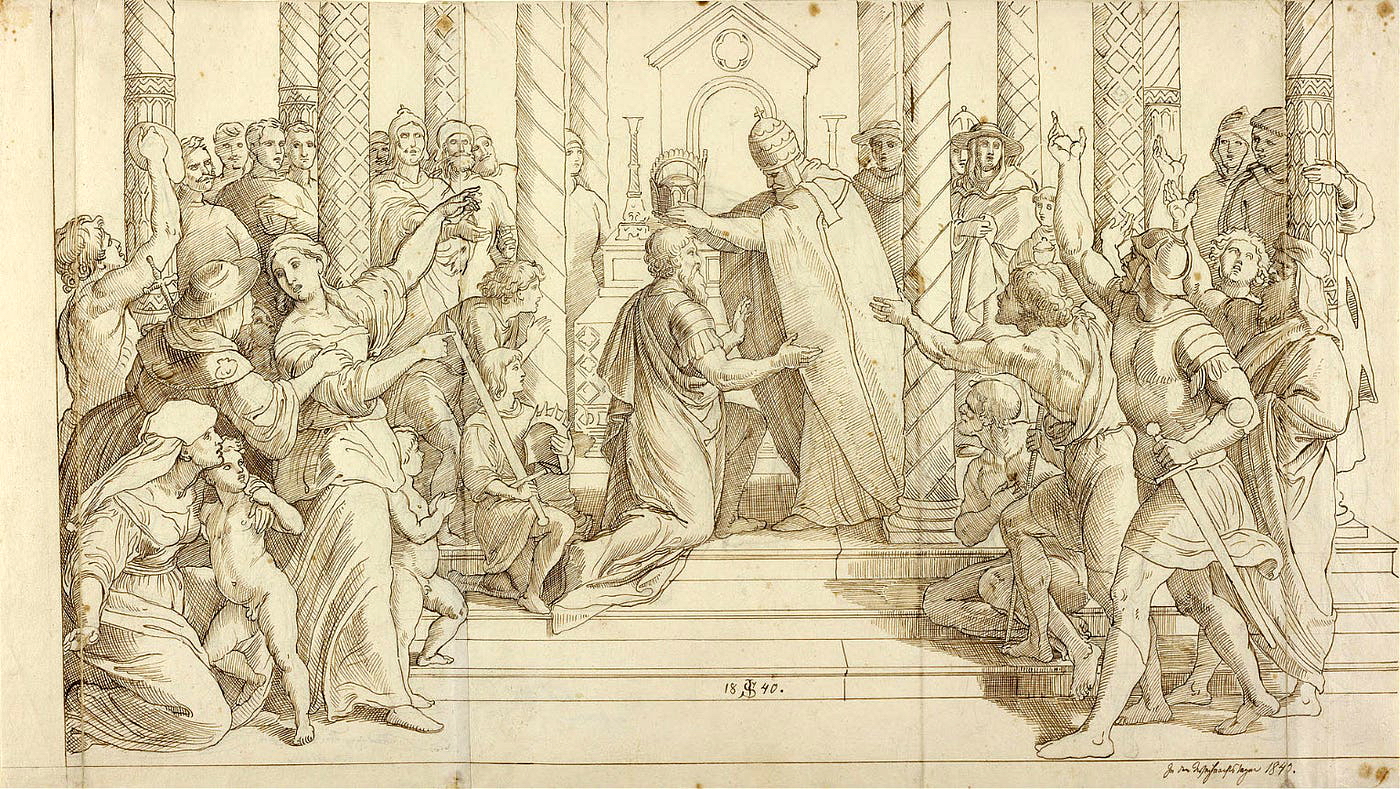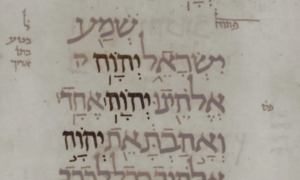The festive season that now defines the end of each year has a long and rich history, with its roots reaching deep into the annals of time. While Christmas is commonly associated with the birth of Jesus Christ, the official celebration on December 25 can be traced back to the year 336 AD. This historic event marked the formal acknowledgment of Christ’s nativity, laying the foundation for the globally cherished holiday we know today.

The Road to December 25:
The choice of December 25 as the date for celebrating Christmas was not arbitrary; rather, it was a calculated decision made by early Christian leaders. The exact date of Jesus’s birth is not mentioned in the Bible, and various dates were proposed by different Christian communities in the early centuries. Some suggested January 6, while others favored March 25. However, by the 4th century, December 25 gained prominence.
Pope Julius I, in the year 336 AD, declared December 25 as the official date for celebrating the birth of Jesus Christ. The decision to align Christmas with this date was not only symbolic but also strategic. December 25 coincided with the Roman festival of Sol Invictus, the “Unconquered Sun,” which celebrated the sun god’s rebirth. By adopting this date, Christian leaders aimed to repurpose the festivities, redirecting the focus towards the birth of the Son of God.
The Influence of Roman Tradition:
The Roman Empire, with its vast reach and cultural influence, played a significant role in shaping the early traditions of Christmas. The winter solstice, occurring around December 25, was already a time of celebration in various cultures, symbolizing the return of light and warmth during the darkest days of winter. By assimilating elements of these festivities, Christian leaders sought to make the new celebration more acceptable to a broader audience.
The First Recorded Celebration:
The year 336 AD marked the first recorded celebration of Christmas on December 25. While historical records from this period are scarce, it is widely believed that the festivities included religious services, feasts, and acts of charity. The celebration aimed not only to commemorate the birth of Jesus but also to spread the message of love, compassion, and goodwill among the Christian communities.
The Spread of Christmas Celebrations:
The official recognition of December 25 as Christmas Day by the Roman Catholic Church had a profound impact on the spread of Christmas celebrations. As Christianity expanded across the Roman Empire and beyond, so did the observance of Christmas. The traditions and customs associated with the holiday evolved over time, incorporating elements from various cultures and regions.
Conclusion:
The year 336 AD stands as a pivotal moment in the history of Christmas, marking the first recorded celebration of Jesus Christ’s birth on December 25. The decision to align the festivities with the winter solstice and Roman traditions laid the groundwork for the global celebration of Christmas as we know it today. As we exchange gifts, gather with loved ones, and reflect on the meaning of the season, it’s worth remembering the pioneers who, over 1,600 years ago, set the stage for the enduring legacy of Christmas.


